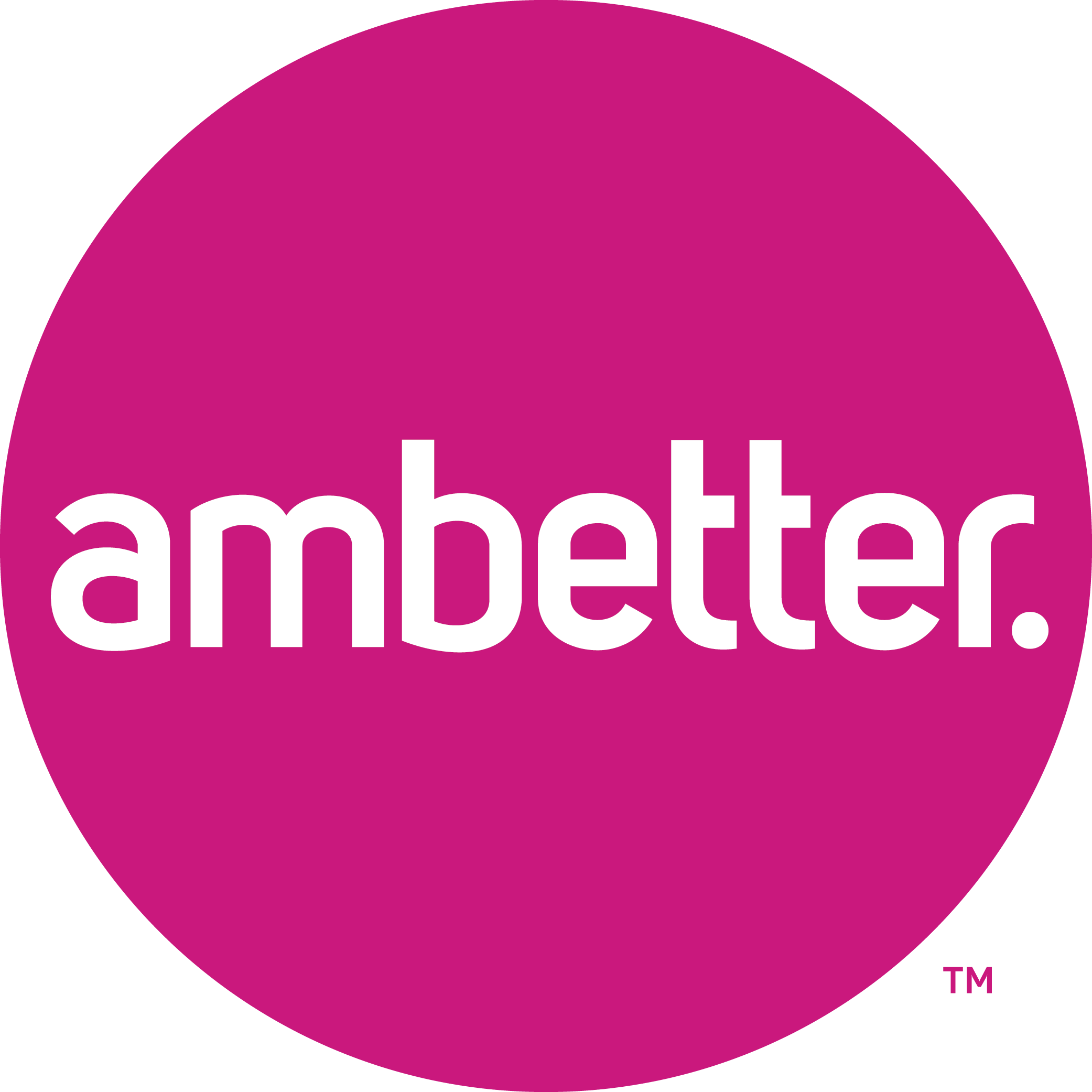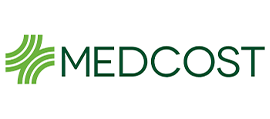Eating Disorder Treatment in Philadelphia
Eating disorders are behavioral conditions marked by severe and persistent disturbances in eating behaviors associated with distressing thoughts, emotions, and even mental illness. Eating disorders are serious conditions that can quickly escalate and become life-threatening without the proper support. These conditions affect people not only physically but also mentally and emotionally. In fact, many of these disorders are also linked to other mental illnesses, such as depression, anxiety, obsessive-compulsive disorder (OCD), and more. Thus, finding the right kind of eating disorder support can make a world of a difference. Fortunately, Banyan Treatment Centers is now offering eating disorder treatment in Philadelphia.Types of Treatment for Eating Disorders We Offer
There are different eating disorder treatments available at Banyan Philadelphia. The type of eating disorder treatment a patient receives depends on their condition and their symptoms. At our center for eating disorder management, we treat patients by following the Pillars of Recovery Momentum, which is founded on these four C’s: commitment, communication, community, and compassion. In addition to allowing patients to connect with others in the program through our eating disorder recovery support groups, we also provide a medical and holistic approach to treating a variety of eating disorders.Banyan Treatment Centers offers eating disorder treatment in Philadelphia for conditions like:
- Anorexia Nervosa
- Bulimia Nervosa
- Binge Eating Disorder
- OSFED
- Avoidant Restrictive Food Intake Disorder (ARFID)
- Orthorexia
- Body Dysmorphia
- Co-Occuring Conditions
Banyan Treatment Centers Philadelphia offers outpatient eating disorder treatment to cater to all patients no matter the severity of their condition. Whether it’s assistance with binge-eating, anorexia, or renourishing, our team creates an eating disorder treatment plan that’s individualized to meet the client’s needs.
Warning Signs of Eating Disorders
What are the signs of an eating disorder? How do you know when someone needs treatment? The chance for recovery increases the sooner an eating disorder is identified. That’s why it’s important to be aware of the possible signs of an eating disorder in a loved one or yourself. Although an individual with an eating disorder may not display all of these symptoms, and symptoms are also dependent on the type of condition, below is a general list of physical, emotional, and behavioral indicators of an eating disorder.Emotional and behavioral signs:
- Obsession with weight loss, dieting, exercising, or controlling food
- Preoccupation with weight, food, calories, carbohydrates, and/or fat grams
- Refusal to eat certain foods
- Excessive restriction of food
- Appearing uncomfortable or distressed when eating with others
- Skipping meals or reducing their portions
- New practices with food, such as cutting out entire food groups (like sugars or carbs)
- Dieting frequently
- Extreme concerns with body size, weight, and shape
- Frequently checking in the mirror for perceived flaws
- Extreme mood swings
Physical signs:
- Extreme fluctuations in weight
- Stomach cramps or other gastrointestinal issues
- Menstrual irregularities or a stopped menstrual cycle
- Abnormal lab results, such as anemia, low thyroid levels, low hormone levels, or low potassium
- Frequent dizziness, especially upon standing
- Always feeling cold
- Difficulty sleeping
- Cuts and calluses across the top of fingers (indicates induced vomiting)
- Dental problems, such as enamel erosion, cavities, and tooth sensitivity
- Swelling around the salivary glands
- Dry skin and hair and brittle nails
- Fine hairs on the body (lanugo)
- Cavities or discoloration of teeth (from vomiting)
- Muscle weakness
- Yellowing skin (mostly when large amounts of carrots are eaten)
- Impaired immunity
- Slow wound healing
If you notice these signs in yourself or a loved one, it may be time to get help. The sooner you get help, the higher your chance of recovery. Our professional treatment for an eating disorder includes mental health care, physical care, group support, and more. As a drug rehab in Philadelphia, we also have different levels of substance abuse treatment to help individuals with drug addictions or co-occurring disorders find recovery, as well. If you’re interested in our addiction or eating disorder outpatient treatment options, contact Banyan Philadelphia today.
Most Insurance Plans Accepted
At Banyan Treatment Centers, our goal is to make sure that anyone who needs treatment from drug and alcohol addiction are able to get the help needed to assist them on the road to recovery. If you don't have insurance contact us to inquire about alternate methods regarding treatment for yourself or a loved one.












